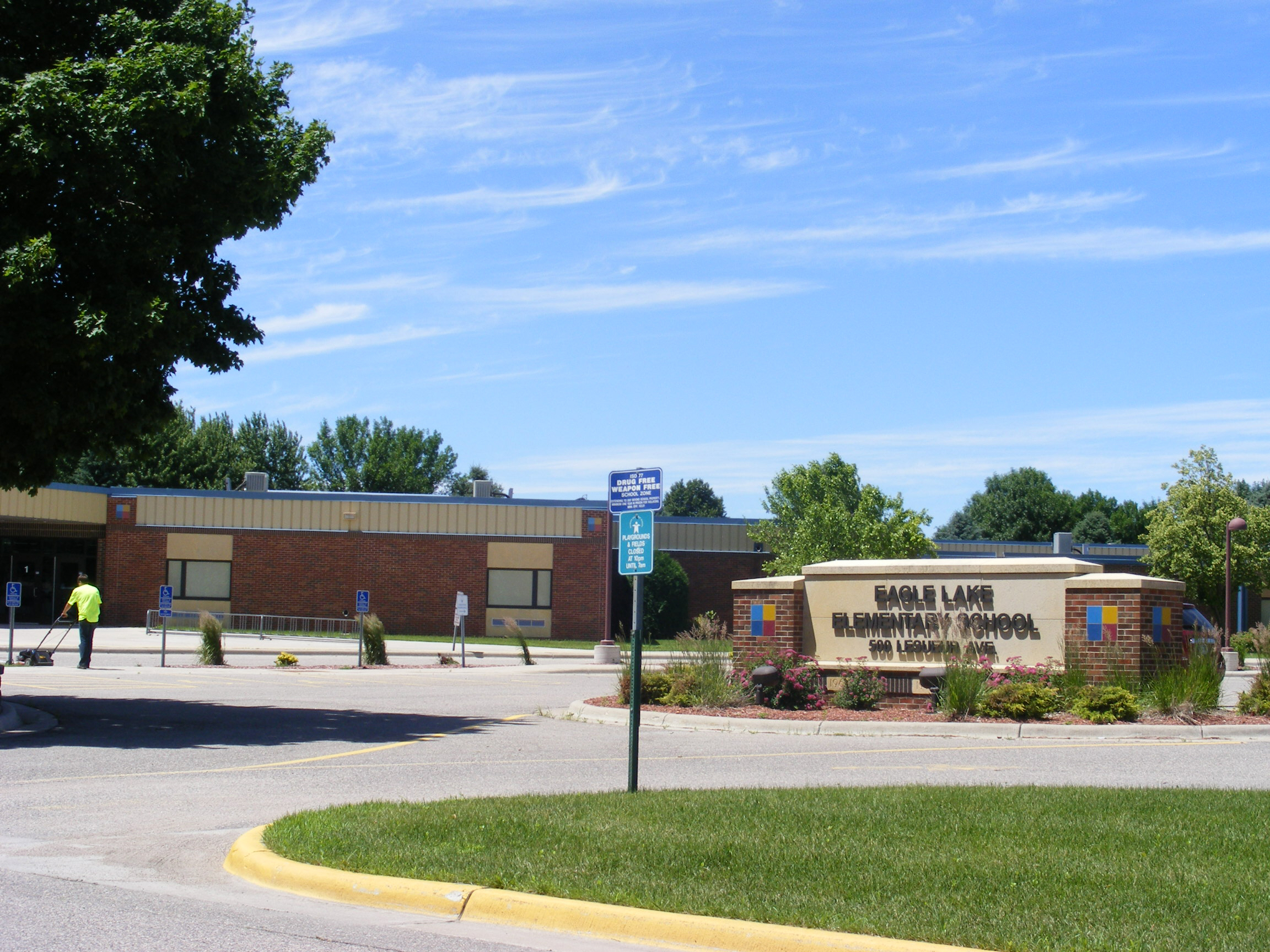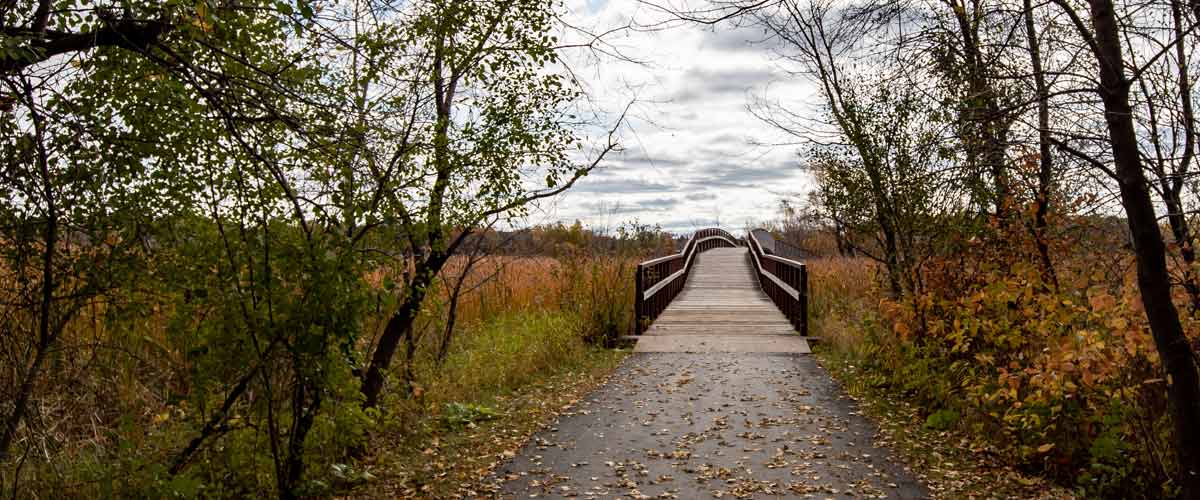Living in Eagle Lake

Eagle Lake, nestled in Blue Earth County, Minnesota, is a serene community offering a perfect blend of small-town charm and natural beauty. With a population of around 2,500, this close-knit town boasts a picturesque setting surrounded by lush landscapes and the scenic Eagle Lake itself. Residents enjoy a peaceful environment, complemented by a strong sense of community. The town offers recreational opportunities with parks, fishing, and boating on the lake.
Eagle Lake provides essential amenities, including schools, local businesses, and community events that foster a welcoming atmosphere. Its proximity to larger cities like Mankato ensures access to additional services and cultural experiences. Whether appreciating the beauty of nature, engaging in community events, or simply enjoying a quiet lifestyle, Eagle Lake, Minnesota, offers a delightful haven for residents seeking a balance between rural tranquility and modern convenience.
1. Cost of Living
Eagle Lake, Minnesota, maintains a relatively affordable cost of living compared to national averages. Housing costs are generally reasonable, offering a range of options for both homebuyers and renters. The town’s real estate market is influenced by factors such as property size, amenities, and location.

Utilities, transportation, groceries, and healthcare costs in Eagle Lake align with the moderate standards common in the Midwest, contributing to the overall affordability of living in this charming community. Residents typically find that their everyday expenses are manageable, allowing for a comfortable lifestyle without excessive financial strain.
Eagle Lake’s cost of living may vary slightly depending on individual circumstances and lifestyle choices, but overall, the town provides a favorable balance of affordability and quality of life. Whether you’re a long-time resident or considering a move to the area, Eagle Lake offers a welcoming community and a cost-effective environment to call home.
2. Safety
Eagle Lake, Minnesota, is known for maintaining a relatively safe and secure environment. Like many small towns in the Midwest, it benefits from a close-knit community where residents tend to look out for one another.

Eagle Lake typically experiences lower crime rates compared to larger urban areas, contributing to a sense of safety for its residents. Law enforcement agencies in the area work to ensure the well-being of the community, and community engagement often plays a role in maintaining a secure atmosphere.
However, it’s crucial to note that safety conditions can change over time due to various factors, and it’s advisable to consult more recent local crime statistics or community policing updates for the latest information. Checking with the local police department or official crime reports can provide a clearer picture of the current safety situation in Eagle Lake, Minnesota
3. Schools
Eagle Lake, Minnesota, is served by reputable schools that contribute to the overall appeal of the community. The education system in Eagle Lake typically emphasizes a commitment to providing quality learning experiences for students.

Eagle Lake is often part of the Mankato Area Public Schools district, which encompasses several schools serving students from kindergarten through high school. The district is known for its dedicated educators, diverse academic programs, and a focus on fostering a positive and inclusive learning environment.
Local schools in Eagle Lake strive to offer a well-rounded education, including opportunities for extracurricular activities, sports, and community involvement. Parents and community members are actively engaged in supporting educational initiatives, contributing to a sense of unity and pride in the local school system.
4. Job Opportunities
Eagle Lake, Minnesota, being a smaller town, may have limited local job opportunities compared to larger urban areas. However, residents often find employment in nearby cities like Mankato, which is known for its diverse economic sectors.
:max_bytes(150000):strip_icc()/GettyImages-1186821733-8293b36141c947c68f635ae24eecfaa3.jpg)
Mankato provides a range of job opportunities in industries such as healthcare, education, manufacturing, and retail. Commuting to Mankato for work is common for Eagle Lake residents, given its proximity and the interconnected nature of the communities in the region.
Additionally, as with many smaller towns, there may be opportunities for local employment in sectors like small businesses, local services, and community organizations. Exploring online job portals, community bulletin boards, and networking with local residents can be valuable in uncovering job prospects.
5. Weather
Eagle Lake, Minnesota, experiences a typical Midwestern climate characterized by distinct seasons. Winters are cold with temperatures often dropping below freezing, and snowfall is common. Residents can expect to see a picturesque winter landscape, but it’s advisable to prepare for cold temperatures and potential snow accumulation.
Spring in Eagle Lake brings milder temperatures, with a gradual thaw and blossoming of vegetation. Summers are generally warm and pleasant, with temperatures ranging from mild to moderately hot. This season provides an opportunity for outdoor activities, and residents can enjoy the beauty of the surrounding nature.
Fall in Eagle Lake is marked by cooler temperatures and the vibrant colors of autumn foliage. It’s a scenic time of year, and the crisp air lends itself to outdoor activities such as hiking and exploring the natural surroundings.
6. Transportation
transportation in Eagle Lake, Minnesota, is primarily dependent on personal vehicles, as it is a smaller town without extensive public transportation infrastructure. Residents typically rely on cars for commuting and daily transportation needs.

The town’s location in close proximity to Mankato, a larger city, provides additional transportation options. Many residents may commute to Mankato for work or access services and amenities. Mankato offers a more comprehensive transportation network, including bus services, which can be convenient for those who prefer not to drive.
Eagle Lake is well-connected by roads, and highways provide easy access to nearby communities and urban centers. Residents generally find that personal vehicles are the most practical means of getting around and accessing essential services.
For long-distance travel, the Minneapolis-Saint Paul International Airport serves as the major airport in the region, offering air travel options for residents of Eagle Lake.
7. Culture and Community
Eagle Lake, Minnesota, prides itself on a tight-knit community and a culture that values neighborly connections and a slower pace of life. The town’s smaller size fosters a strong sense of community, where residents often engage in local events, support local businesses, and participate in various community activities.

The cultural fabric of Eagle Lake is woven with a focus on family values and community involvement. Residents often come together for town gatherings, festivals, and events, creating a friendly and welcoming atmosphere. The community spirit is palpable, and newcomers are often embraced into the fold.
Outdoor activities play a significant role in the local culture, with the picturesque Eagle Lake providing opportunities for fishing, boating, and other recreational pursuits. Parks and green spaces offer places for relaxation and community gatherings.
Local businesses, often run by community members, contribute to the unique character of Eagle Lake. Residents frequently support these establishments, further strengthening the community bond.
For cultural enrichment, residents may explore nearby Mankato, which offers additional amenities such as theaters, museums, and cultural events.
Overall, Eagle Lake, Minnesota, embodies a warm and community-oriented culture, making it an appealing place for those seeking a close community connection and a more relaxed way of life.
8. Healthcare
Healthcare in Eagle Lake, Minnesota, is typically accessible through healthcare facilities in nearby communities, with Mankato being a significant hub for medical services. Residents of Eagle Lake often rely on healthcare providers and hospitals in Mankato for routine medical care, specialized services, and emergency needs.

Mankato, being a larger city, hosts medical facilities ranging from clinics to hospitals, offering a broad spectrum of healthcare services. These facilities may include primary care physicians, specialists, and other healthcare professionals, providing comprehensive medical care for the region.
Categories




